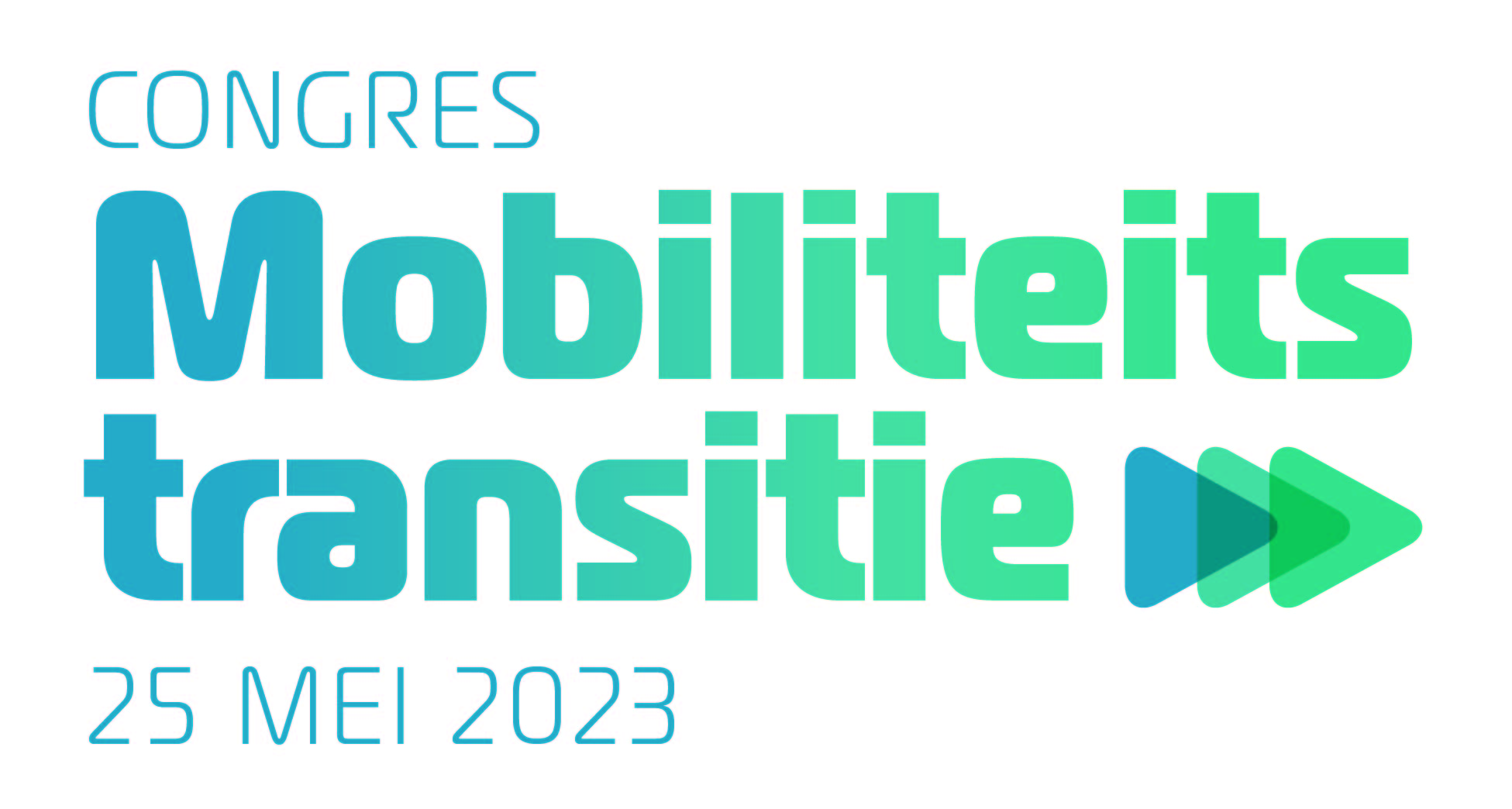Several keynote speakers will kick off MaaS Congres 2019. After that, participants have the option to attend four different parallel sessions. Numerous speakers share insights, research results and real-life examples. The programme also includes a round table discussion. During the breaks, participants have the opportunity to network and visit the stands of exhibitors.
Parallel sessions Collaboration – morning
Parallel sessions The Traveler – morning
Parallel sessions Accessibility – morning
Parallel sessions Forms of transport – morning
Parallel sessions Collaboration – afternoon
Parallel sessions The Traveler – afternoon
Parallel sessions Accessibility – afternoon
Parallel sessions Forms of transport – afternoon
Plenary Debate
09:30 – 11:00 Day opening, keynotes
11:00 – 11:30 Coffee break / networking opportunity
11:30 – 13:00 4 parallel sessions
13:00 – 14:00 Lunch / networking opportunity
14:00 – 15:30 4 parallel sessions
15:30 – 16:00 Coffee break / networking opportunity
16:00 – 16:45 Plenary debate, day’s end
16:45 – 17:30 Informal get-together
Parallel sessions
Participants can choose from four different parallel sessions. The morning sessions comprise three workshops, those in the afternoon two. Key concepts for all sessions are approachability, room for discussion and striking a balance between practice and theory.
1. Collaboration
MaaS is only possible if market parties and government bodies from the Netherlands and abroad work together. That poses quite a challenge. Who should take the lead? How do you bring together parties which each have their own respective interests? What are the implications if cross-border cooperation is required? Another issue is the sharing of data. And how do other countries deal with MaaS?
2. The traveller
The traveller is the one who ultimately needs to start using MaaS. But just who is that traveller, what does he/she want and which incentives does he/she have to embrace MaaS? An employer and employee approach? A smart app? A reward system?
4. Accessibility
One of the main goals of MaaS is to improve the accessibility of urban and rural areas. But what will it take to achieve this? Which parties must cooperate and who will take the lead? And what consequences will this have in terms of the design of public space?
4. Forms of transport
The more forms of transport are offered, the better MaaS works. What are the plans of providers of public transport, sharing systems and (lease) cars? What is the vision of the (regional) government? And what are the consequences for concession grantors?
